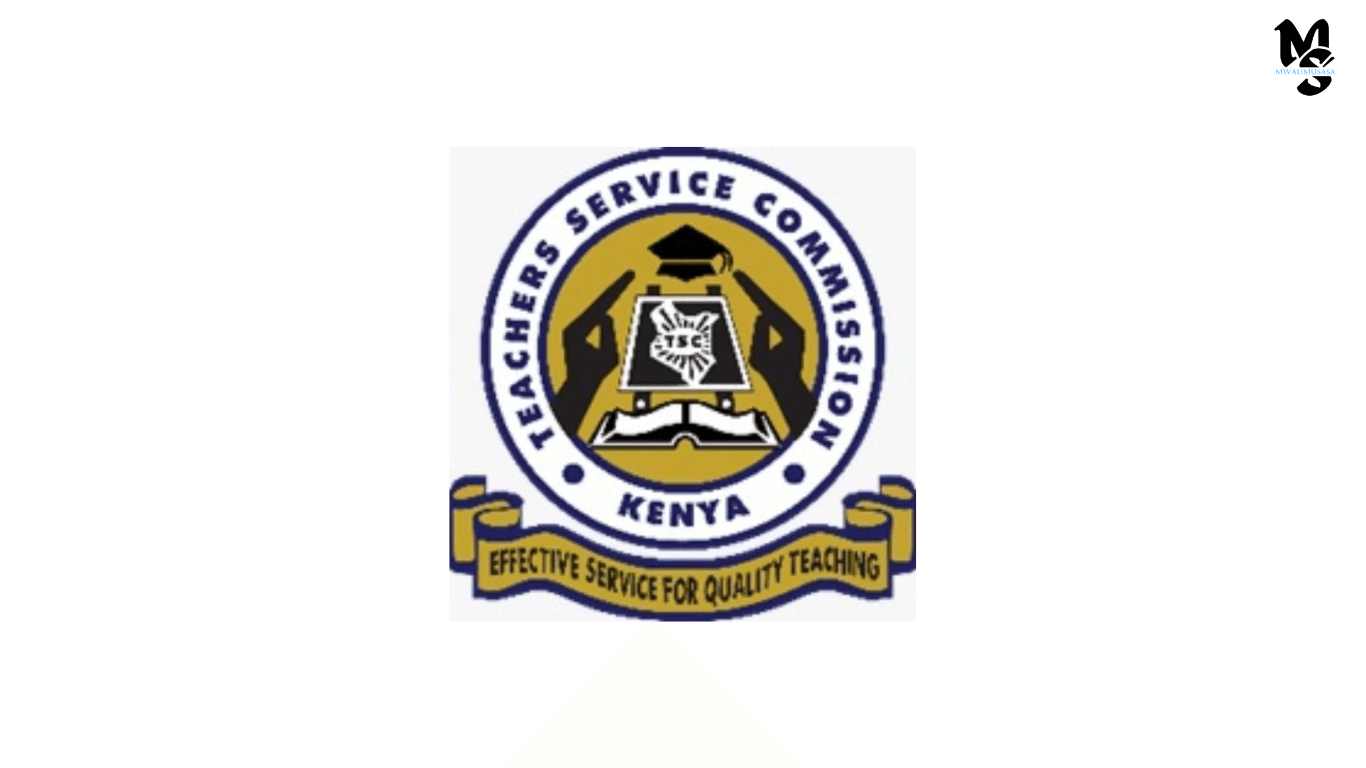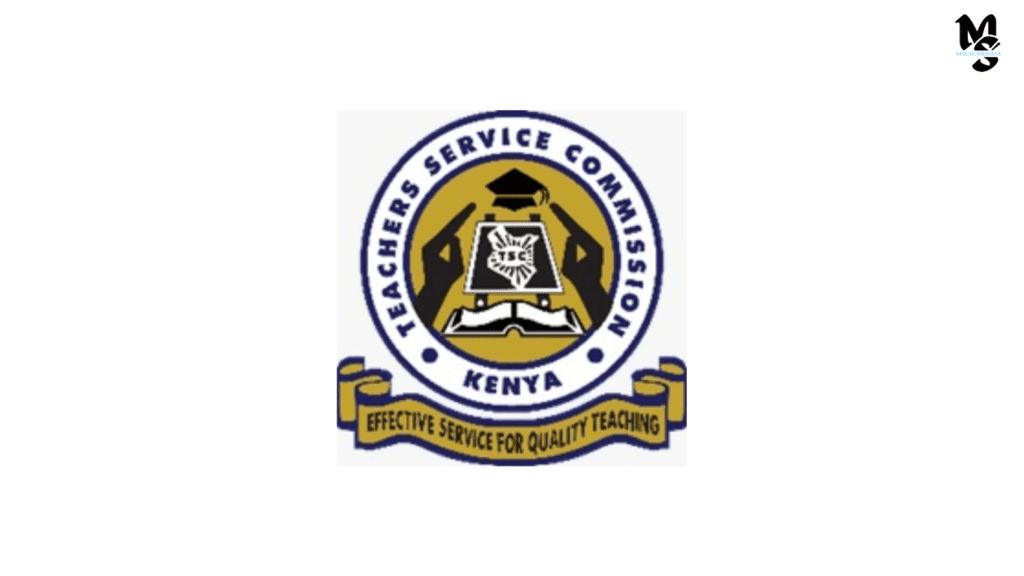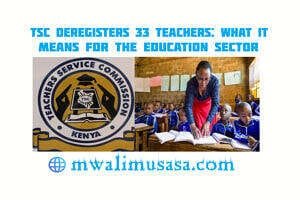More Teacher Recruitment for JSS in 2024 by TSC

A logo of the TSC

Overview of Teacher Shortage in Junior Secondary Schools
The education sector in Kenya is currently grappling with a significant shortage of qualified teachers in junior secondary schools (JSS). This issue has become increasingly urgent due to a combination of factors including high turnover rates, surging student enrollments, and persistent budget constraints affecting educational institutions. The teacher-student ratio in JSS continues to escalate, leading to overcrowded classrooms and diminished educational quality. These challenges are exacerbated by the demand for a more skilled workforce to accommodate the evolving curriculum and increased expectations from stakeholders.
One of the primary reasons contributing to this teacher shortage is the continuous migration of educators toward more lucrative opportunities, either within the country or abroad. High attrition rates, coupled with the limited number of teacher training institutions, hinder the inflow of new talent into the profession. Additionally, the rising enrollment numbers in JSS have not been matched with sufficient government provisions for teacher recruitment. Specifically, the Teachers Service Commission (TSC) has reported that the current staffing levels fall dangerously short of the requirements necessary to provide adequately for the growing number of learners.
In recognition of this crisis, the government has outlined a comprehensive approach to address the pressing need for qualified educators. This includes the initiative to recruit 20,000 new teacher jobs in Kenya slated for 2024, as part of the TSC teacher recruitment strategy. Such efforts aim to stabilize the teaching workforce and improve the overall educational landscape. The TSC 2024 teacher jobs will provide permanent positions for JSS teachers, thereby enhancing job security and overall morale among educators. Moreover, it is critical that the JSS teacher application process is streamlined to ensure that these vacancies are filled efficiently and effectively, addressing teacher staffing issues at JSS across the country.
The Importance of Teacher Recruitment for JSS
The recruitment of qualified teachers for Junior Secondary Schools (JSS) is vital in meeting the educational needs of Kenya’s youth. With the introduction of the Competency-Based Curriculum (CBC), there is a pressing demand for educators who are not only well-versed in their subjects but also adept at engaging students in a manner that fosters critical thinking and problem-solving skills. This demand aligns with the upcoming JSS teacher recruitment in Kenya, which is being managed by the Teachers Service Commission (TSC).
The shortage of qualified teachers directly impacts student learning outcomes. Evidence suggests that an inadequate number of teachers leads to lower academic performance, increased classroom disruptions, and diminished student engagement. In a typical JSS setting, the teacher-student ratio is critical; an overloaded classroom reduces the attention each student receives, leaving many unable to grasp essential concepts. The situation demands that the Government of Kenya undertake immediate recruitment initiatives to fill the estimated 20,000 teacher jobs in Kenya, enhancing teacher staffing in JSS schools.
Moreover, timely recruitment is not just a matter of quantity but also quality. The TSC must prioritize the recruitment process to ensure that qualified candidates are selected through thorough guidelines established in the TSC job application guidelines. This is essential not only for permanent positions for JSS teachers but also for establishing a pipeline of skilled educators who can positively influence the educational landscape.
Adopting an effective JSS teacher application process will contribute to the stability and effectiveness of the education system in Kenya. It will also provide junior secondary students with the quality education they deserve, preparing them for their future endeavors.
Recruitment Process by TSC: Timeline and Requirements
The Teachers Service Commission (TSC) is set to facilitate a significant recruitment drive to fill approximately 20,000 teacher jobs in Kenya for Junior Secondary Schools (JSS) in 2024. This recruitment process aims to enhance teacher staffing in Kenya JSS and address the current teacher-student ratio JSS challenges. The recruitment is expected to follow a structured timeline, ensuring that candidates are adequately informed and prepared for the JSS teacher application process.
Candidates interested in applying for these positions through the TSC job application guidelines must meet specific requirements. Firstly, applicants need to hold a recognized teaching qualification from a reputable institution, which could include a Diploma in Education or a Bachelor’s Degree in Education. Moreover, candidates should possess a valid teaching license issued by TSC. This recruitment process emphasizes the commission’s commitment to attracting qualified and competent individuals to fill permanent positions for JSS teachers.
The application timeline will be announced by TSC, providing clear dates for application submissions, interviews, and final selections. Generally, the application process will commence with the submission of online applications, followed by a thorough vetting process where candidates will be evaluated based on predetermined criteria. This evaluation will focus on individuals’ educational qualifications, teaching experience, and professional competencies relevant to the specific job description.
Additionally, the TSC seeks to identify candidates who exhibit strong communication skills, adaptability, and a passion for nurturing young learners. The recruitment process will conclude with successful candidates being offered permanent and pensionable positions, which is vital for fostering job security in the teaching profession. In conclusion, the 2024 TSC recruitment initiative serves not only to fill teacher vacancies but also to enhance the overall quality of education in junior secondary schools across Kenya.
Challenges and Expectations in Teacher Recruitment
The JSS teacher recruitment Kenya process is multifaceted and comes with its set of challenges and expectations. One significant challenge is the competition among applicants, which has intensified due to the introduction of the 20,000 teacher jobs Kenya initiative by the Teachers Service Commission (TSC). As more candidates apply for TSC 2024 teacher jobs, standing out becomes increasingly difficult, and candidates often need to showcase not only their qualifications but also their adaptability to the unique demands of teaching in Junior Secondary Schools (JSS).
Another pressing issue is the geographic disparity in teacher placement. While urban areas may see a high influx of teachers, rural schools often struggle to attract qualified candidates, which affects teacher staffing in Kenya JSS. This uneven distribution leads to challenges in meeting the educational needs of students in underrepresented areas. Furthermore, logistical issues in reaching these rural schools complicate the recruitment process, as many potential candidates may be unwilling to relocate due to a perceived lack of resources and support.
Expectations for newly recruited teachers are set high, as they are expected to engage in continuous professional development opportunities that TSC is likely to offer. Support structures, including mentorship programs and peer collaboration, are essential to equip these teachers with the tools necessary to positively influence the teacher-student ratio jss. Effective classroom management strategies will be crucial for maximizing their impact, ensuring that they can create conducive learning environments that foster student engagement and achievement.
In alignment with the government teacher recruitment kenya objectives, newly hired JSS teachers will play a central role in not only shaping the educational landscape but also in uplifting the standards of education in Kenya. Their contribution, coupled with adequate support, can significantly impact educational quality and student outcomes in JSS.






